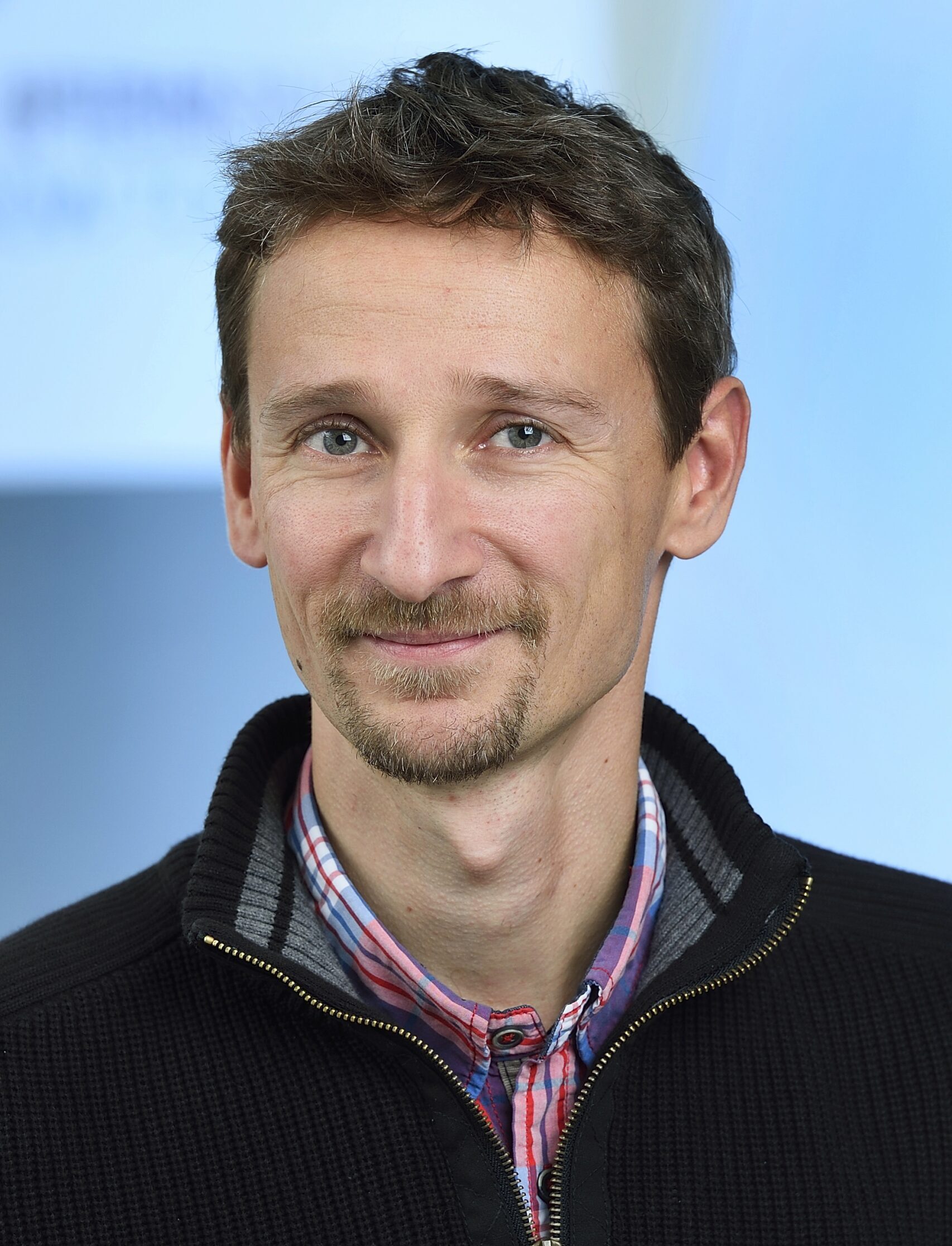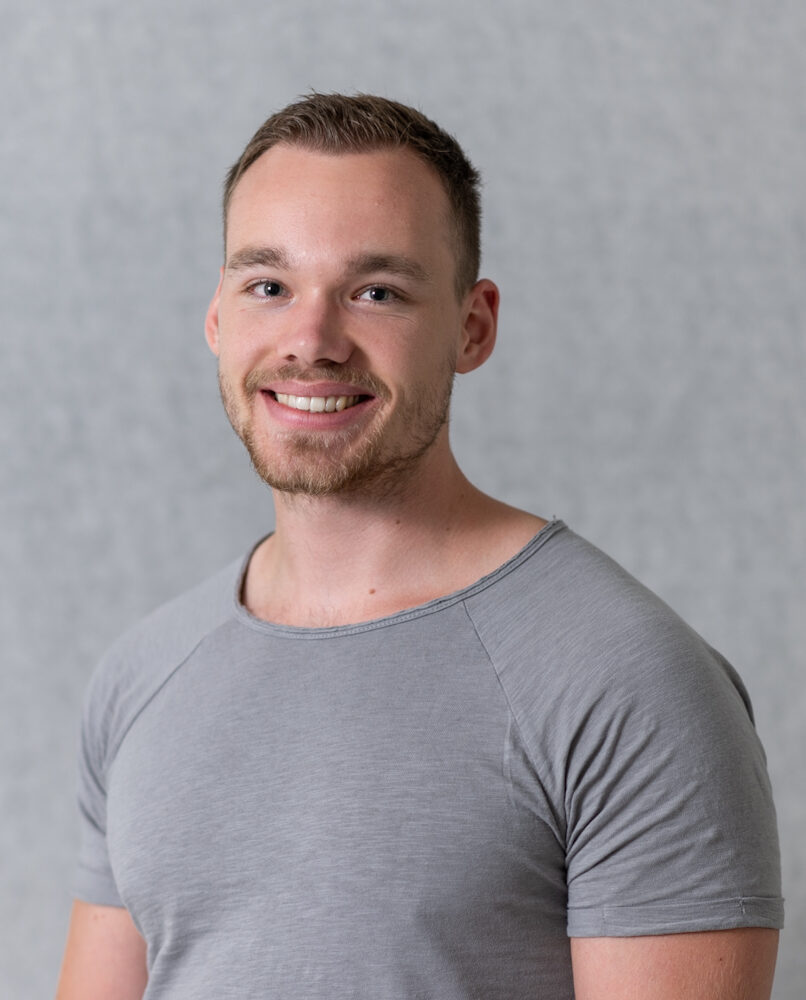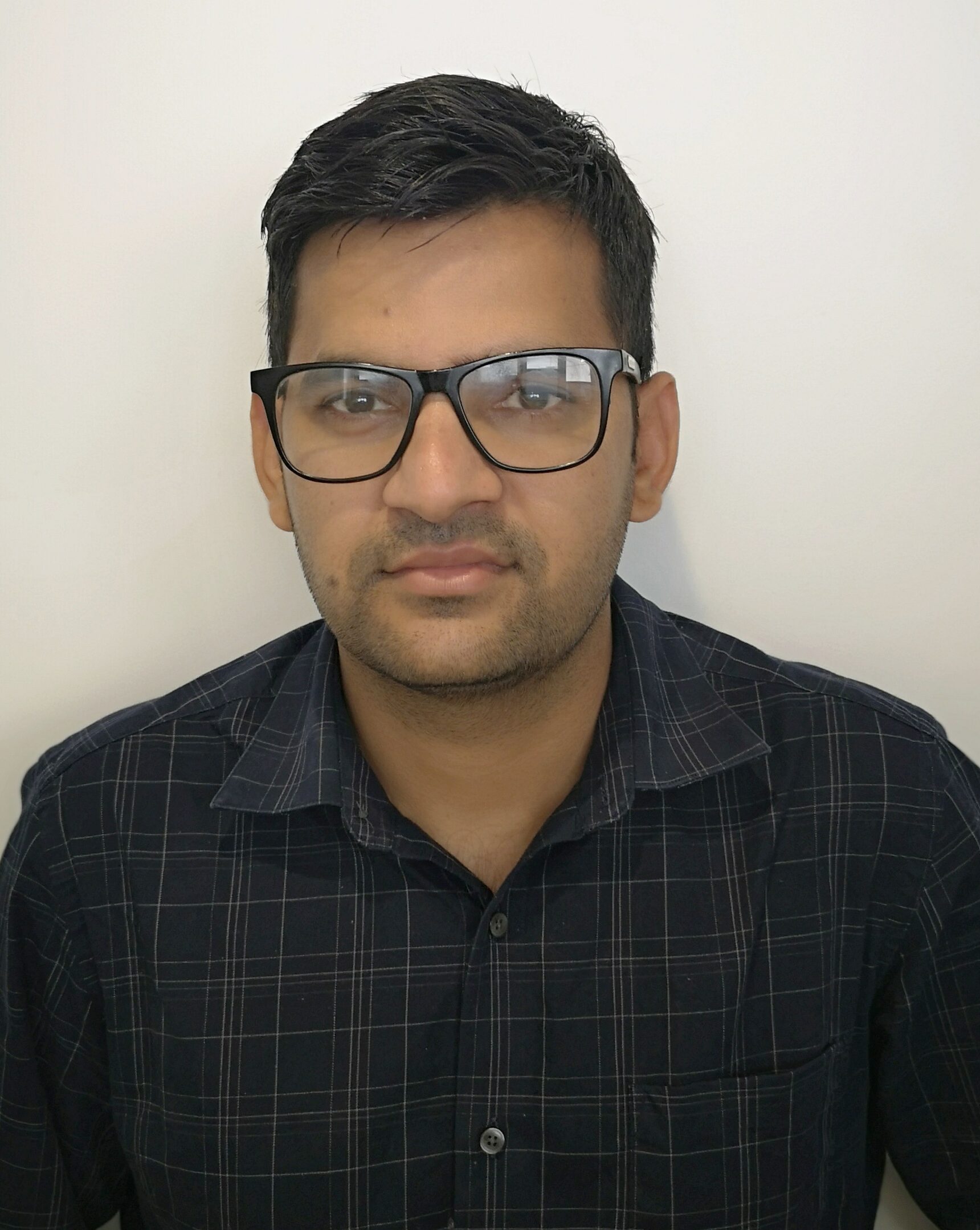Research Highlights Session III – Data Science in Digital Health
Abstracts and Speakers, Thursday 01 Dec 2022
Personalised Prognostics and Diagnostics for Improved Decision Support in Cardiovascular Diseases
Speaker:
- Professor Dr. Mark van Gils
Professor of Digital Healthcare, leading the research group Decision Support for Health | Faculty of Medicine and Health Technology at Tampere University, Finland
Abstract:
There is a need to improve prognostics and diagnostics for Cardiovascular Diseases (CVD). Current advances in data analytics and rich data collections may offer affordable and accessible means to address this need.
The PerCard project, develops and uses new data analysis methods (AI, ML, signal processing) to develop more powerful CVD risk assessment methods that are accurate, robust, and explainable, and integrates these into a decision support system for understandable personalised risk assessment and prognosis of clinically meaningful outcomes.
Speaker Bio:
- Mark van Gils is Professor of Digital Healthcare, leading the research group Decision Support for Health, at the Faculty of Medicine and Health Technology at Tampere University, Finland. His over 25-year long career in biomedical data analysis has included AI-driven patient monitoring research during the 1990’s at Eindhoven University of Technology, a wide scope of research and research leadership activities (including Research Professorship) in the area of digital health at VTT Technical Research Centre of Finland, and an Adjunct Professorship at Aalto University in Espoo, Finland. During his career, he has worked tightly with renowned hospitals and health tech companies, and he has obtained extensive experience in coordinating multi-disciplinary international research projects. His professional interests are in data-driven decision support for health and wellbeing, with special attention to addressing real-life challenges such as imperfect data, heterogeneity of data sources and ambiguity in targets. He has co-authored over 150 research papers. Through his work, Mark is contributing to a future where the emphasis of healthcare is moving from disease treatment to prevention. Ultimately, he finds sharing the joy of discovery with highly skilled experts to be the best part of it all.
Privacy Preserving AI for Telehealth Services with In-Clinic, Out-Patient and Home-Based Data Sources
Speaker:
- Dr. Dieter Hayn
Senior Scientist | Center for Health & Bioresources – Digital Health Information Systems, AIT Austrian Institute of Technology GmbH
Abstract:
During the past decade, several telehealth services for chronically ill patients have been established in Austria, which are integrated into routine clinical care. Since 2022, telehealth episode reports can be stored in Austria’s electronic health record (ELGA) in HL7 CDA format. While ELGA supports the linkage of a single patient’s data from various sources (hospital, telehealth service, general practitioner, etc.) during treatment, ELGA data from more than one patient cannot be pooled, as required during training in AI scenarios. Different ways to overcome this problem, such as privacy preserving record linkage (PPRL) and federated learning and their application in Austrian telehealth projects will be presented.
Speaker Bio:
- Dieter Hayn Senior Scientist at the AIT Austrian Institute of Technology GmbH and co-investigator at the Ludwig Boltzmann Institute for Digital Health and Prevention in Salzburg. Dieter Hayn received his MSc in biomedical engineering from the Technical University of Graz and his PhD from the UMIT in Hall in Tyrol. In 2016, he finished his MBA in Health Care and Hospital Management at the Medical University of Graz. His research interests include biosignal processing, data science, predictive modelling, machine learning, AI, privacy preserving research infrastructures and telehealth. Dr. Hayn is a chair of the scientific programme committee of the international dHealth conference (www.dHealth.at), author and co-author of numerous journal and conference papers and leader of the Working Group for Biomedical Data Analytics at the ÖGBMT.
Exploring Multi-level Customization and Data Analysis for Personalized Digital Health Interventions
Speaker:
- Sebastian Gruber
Pre-Doc | Ludwig Boltzmann Institute for Digital Health and Prevention
Abstract:
The development and evaluation of digital health interventions, such as just-in-time adaptive interventions, requires on the one hand adaptations at multiple levels, for example, to meet the requirements of different studies and to address the needs of different user groups and individual users. On the other hand, it requires data analysis at multiple levels, for example, across users, user groups and studies. In this talk, we will give a brief insight into our current progress in using object-oriented multi-level modeling for this challenge.
Speaker Bio:
- Sebastian Gruber is employed as a PhD student in data engineering at Salzburg Research in a cooperation with the LBI-DHP. He completed his master’s degree in business informatics at the Johannes Kepler University Linz with a focus on software and data engineering. For his dissertation project, Sebastian remains registered at – and receives supervision from – the Johannes Kepler University Linz. He is currently investigating integration-preserving customization of just-in-time adaptive interventions using object-oriented multi-level modeling.
Machine Learning for Predicting Physical Activity based on Ecological Momentary Assessments
Speaker:
- Dr. Devender Kumar
Post-Doc in Data Science | Ludwig Boltzmann Institute for Digital Health and Prevention
Abstract:
Despite the well-known health benefits of physical activity (PA), regular adherence to PA can be challenging. Predicting whether a person will do PA or not and, based on that, giving appropriate intervention can significantly improve PA adherence. In this talk, I will share the insights of our smartPA study that aimed at improving PA adherence. Using the (four hourly) ecological momentary assessments (EMA) and machine learning, we predict whether or not PA will be performed. To reduce the EMA fatigue, we also investigate which questions in the EMA are more relevant for PA prediction.
Speaker Bio:
- Devender Kumar is a post-doc researcher in Data Science at the Ludwig Boltzmann Institute for Digital Health and Prevention. His research interests lie in the intersection of context-aware and explainable AI, mHealth Sensing, and HCI. He holds a Ph.D. from the Dept. of Health Technology at the Technical University of Denmark.



